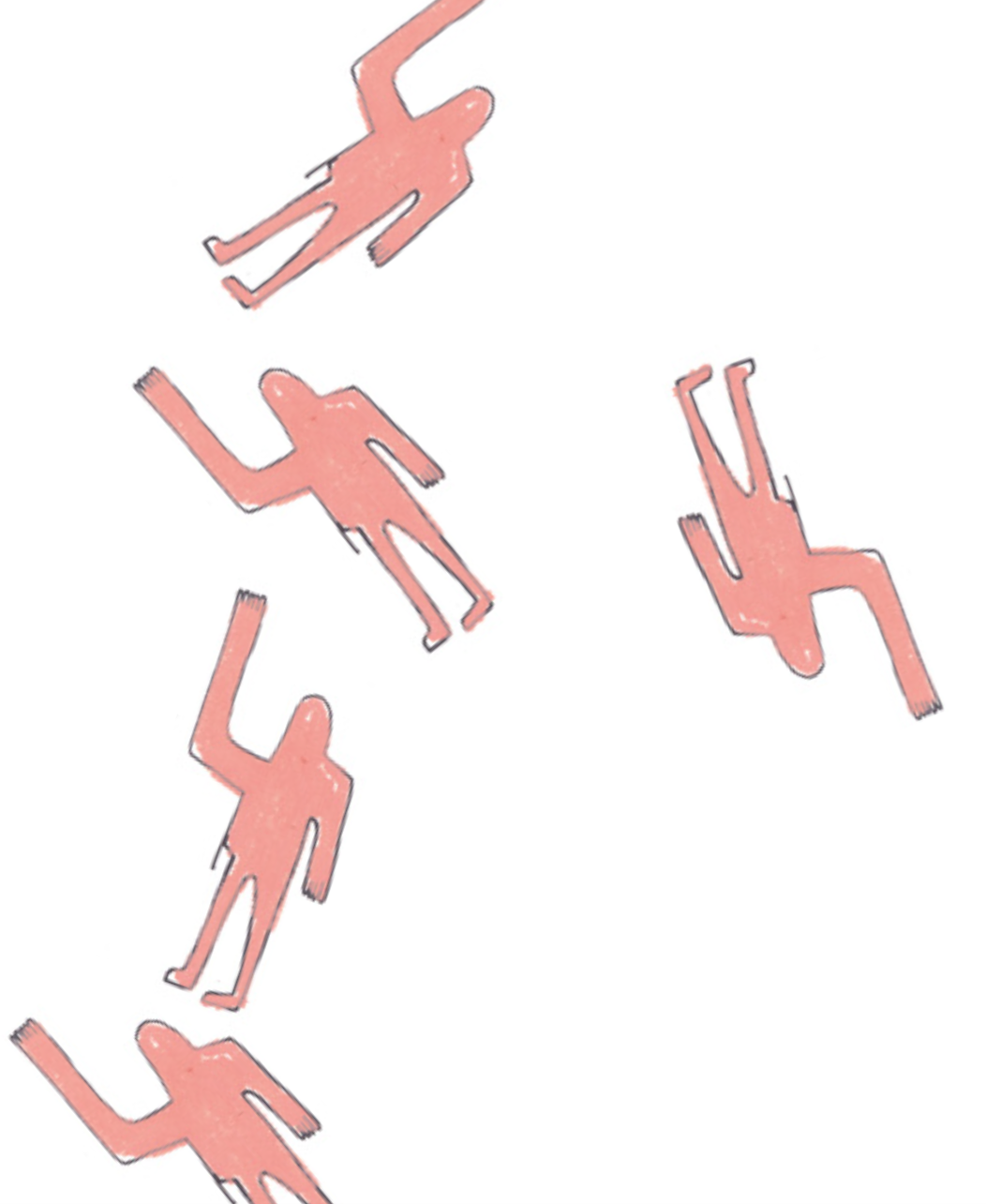I bought Just Kids in summer 2010 at Waterstones, in Notting Hill, London. My copy is the British first paperback edition.
The book is so full of love, warmth, insight, humour and so vivid in its depictions of the tableaux of artistic life in New York at the end of the 1960s and after. Much like Patti herself, Just Kids is inspirational, and inspiration helps us grow, examine and understand.
I was hugely inspired by Patti Smith, both as a musician and as a person. In 1976, I went to a birthday party in London and someone played Horses. I had never heard anything like it. The record had to become part of my life, my new life. This woman was singing without fear. She was saying what she wanted to say, and how she wanted to say it. She was speaking for and to all women – and all humanity – with a voice that almost said it all, and words that said even more. I went to buy the album the next day. Every day I listened to side one in the mornings and side two in the evenings after art college.
One of my favourite parts of her book is the passage where Patti remembers an encounter she had with Allen Ginsberg. When I took my copy of Just Kids from the shelf, it naturally fell open to page 123. ‘This,’ I thought, ‘has to be the best bit.’
In the scene, Ginsberg approaches her in a New York City automat and gives her an extra dime as the price of a cheese-and-lettuce sandwich has gone up to sixty-five cents. When she sits down next to him to eat the sandwich, Ginsberg asks, ‘Are you a girl?’
‘Yeah,’ I said. ‘Is that a problem?’
He just laughed. ‘I took you for a very pretty boy.’
I got the picture immediately.
‘Well, does this mean I return the sandwich?’
‘No, enjoy it. It was my mistake.’
The scene was funny, but it also reminded me of a time around 1971 or ’72 when I still lived in Lisbon and was twice asked, in an angry manner, ‘Are you a boy or a girl?’
In October 1968, I had come from the beautiful Portuguese island of Madeira to study at the University of Lisbon in the Faculty of Letters. At the university there was an active student movement, inspired by the Sorbonne unrest, caused by the discontent of the political situation under the Portuguese dictatorship.
The year 1968 was an important moment of change,but in Portugal change felt slow.The old and old-fashioned used their power to repress the bubbling revolution. Portugal was conservative. There was censorship and political prisoners, no freedom of the press or of the arts, no equality between men and women, and the church was persuasive in making people, who were generally religious, believe in what they were being told by priests, mainly on the subject of ‘sin’. If you looked different, people stared at you. If you thought differently, you’d be in trouble.You were not even allowed to wear a bikini! All aspects of life felt controlled.
In those days I bought a few of my clothes at a boutique – not expensive clothing, but different.
I had very long hair down to my waist and I wore trousers, which not many women wore at that time. The people who asked me if I was a boy or girl thought I was a man who looked like a woman. They shouldn’t have been so upset about it. But they were upset. I might not have been what I appeared to be. ‘It’s a mixed up, muddled up, shook up world…’ Their anger about their own uncertainty upset me.
I’ve always found it restrictive to be expected to obey the rules of appearance and behaviour. That was another thing I loved about Patti Smith: her androgynous posture.
In 1974, after finishing university, I came to London to experience and explore. I wanted to see and feel what it was like. I brought a small, light blue suitcase with just a few clothes.
I didn’t bring any books and, for a couple of years, I’d take books I’d bought back to Portugal, as I was uncertain of how long I’d stay in London.
Everything felt so alive and exciting, mainly because of the music and art, but also because London was more open than what I was used to in Portugal. In a way, I was sorry to leave Portugal, because the 25th of April revolution was an incredible moment in our history and it would have been great to experience the big, inevitable change. I felt it was important to go on my adventure, my mystery tour, to learn, question, think, live, grow and hopefully create. I needed to go to my own Manhattan: London.
In May 1976, I saw Patti Smith at the Roundhouse. Her presence onstage was life changing. She stood there – a person of enormous strength who presented herself in a non-binary way. She was also vulnerable, funny and warm. As her songs are poems put to music, there is mystery, because poems are mysterious and, like water, they change each time you encounter them. You’re never finished with them.
I got a job in a vegetarian restaurant (there weren’t many at the time), and soon decided to study art, which had always been my dream. I completed a foundation course and, after that, went to Middlesex Polytechnic. That’s where I met Gina Birch. We started going to punk gigs and, in the early summer of 1977, we formed The Raincoats. Just kids.

